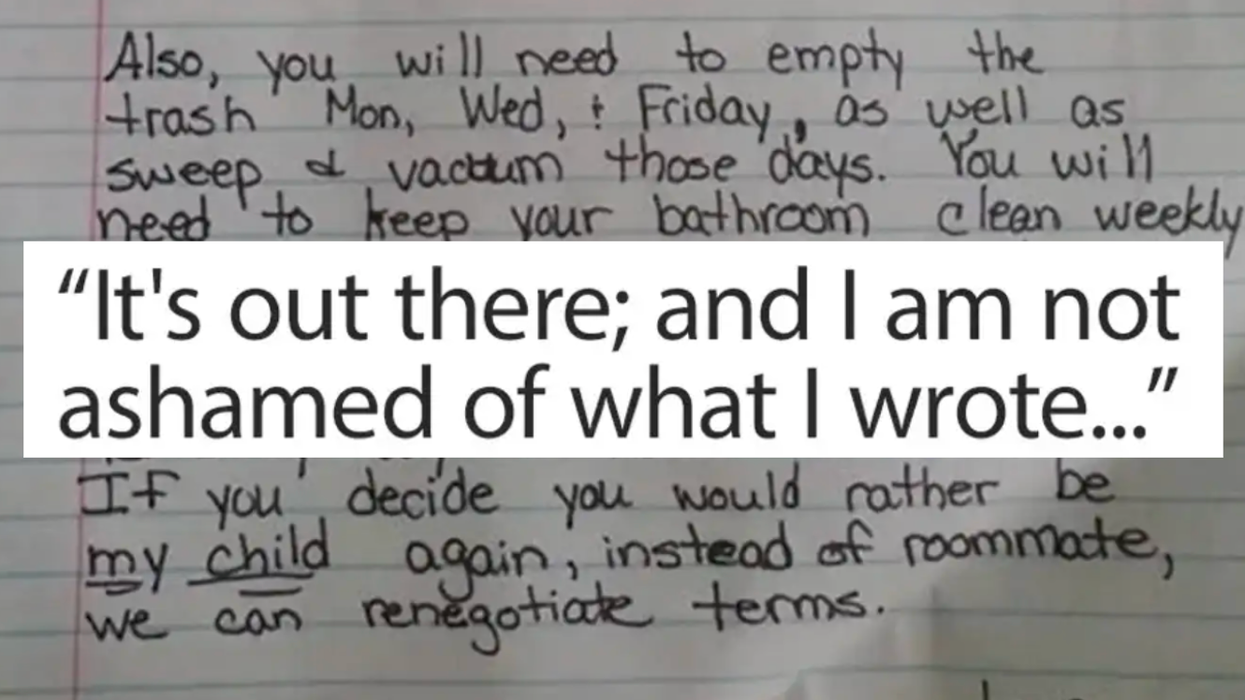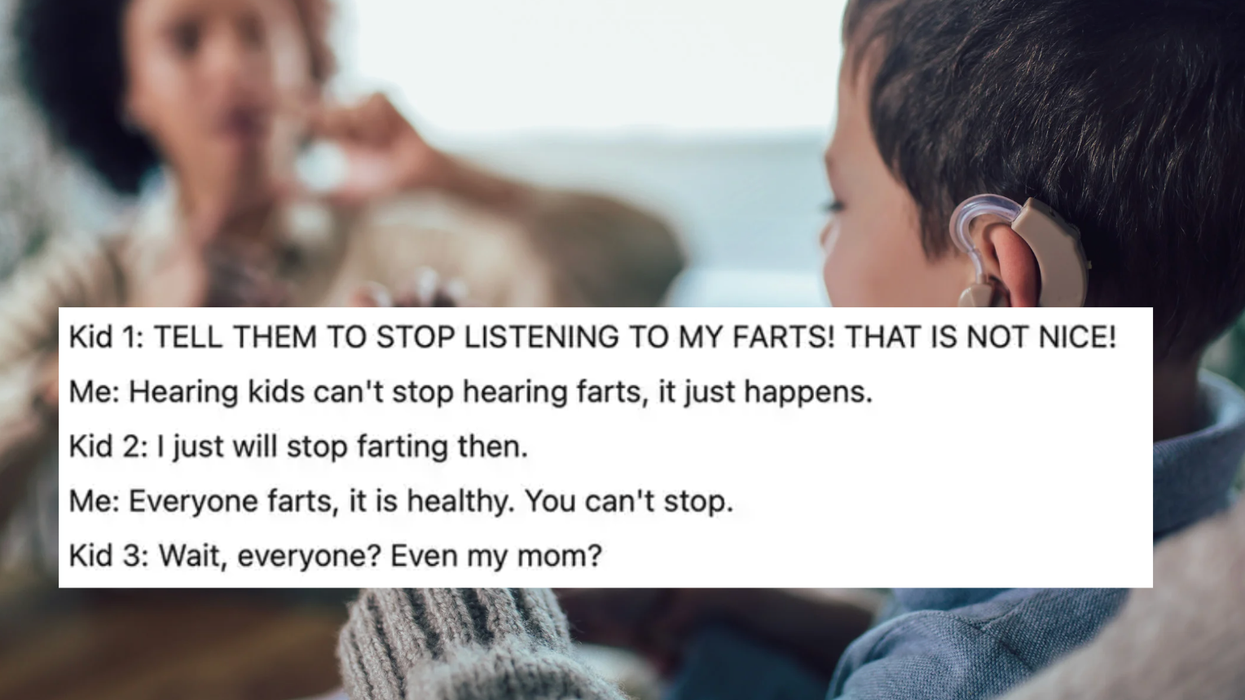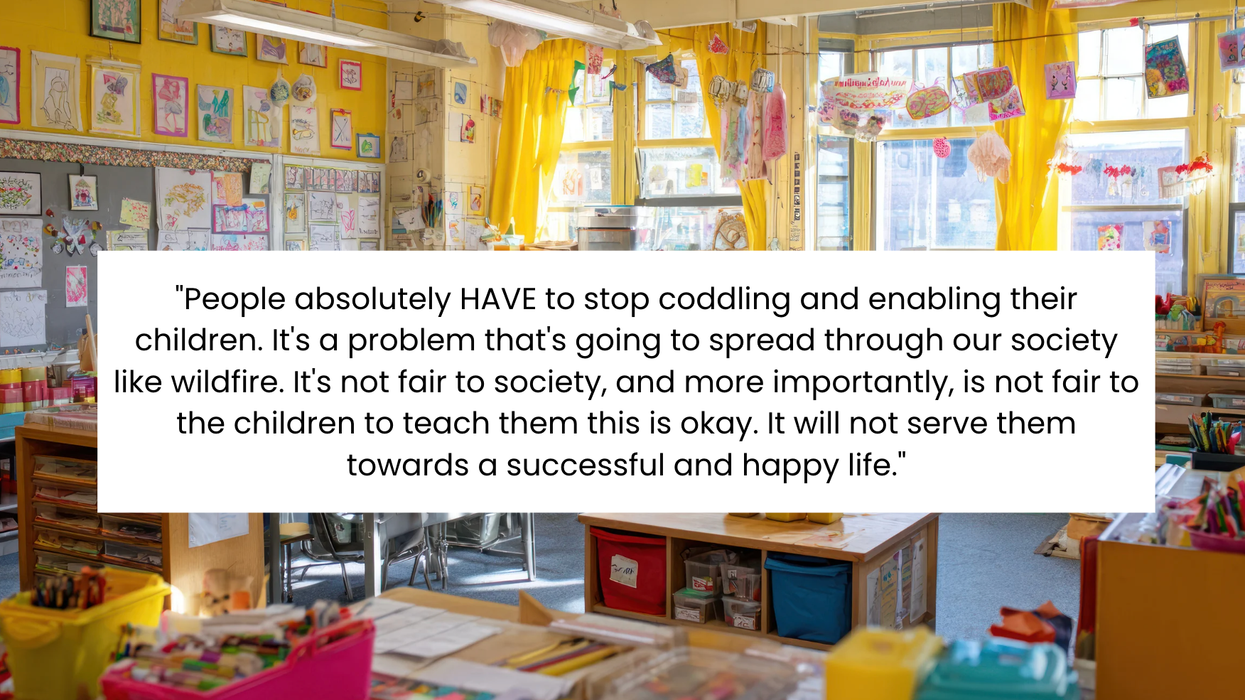What do you get when you cross education expert, author and NYU professor Diane Ravitch with the HBO series The Wire, and then throw in the Huckleberry Finn controversy? A smart questioning of why it is that we censor the language and ideas that students are taught in school, even as we refuse to deal with the controversial things kids are exposed to in real life.
Ravitch is the author of the 2003 book The Language Police: How Pressure Groups Restrict What Students Learn. In the text, she details the great lengths school districts and publishing companies go to in order to sanitize the books, plays and poems students read. It turns out Huckleberry Finn isn't an isolated case of censorship. In a piece for Education Week's "Bridging Differences" blog, Ravitch writes,
Education publishers and state agencies routinely excise language and topics that might offend almost every imaginable group—whether defined by race, ethnicity, religion, gender, age, or disability. In my research, I discovered that publishers and state agencies were sanitizing the language of John Steinbeck, William Shakespeare, Isaac Bashevis Singer, Elie Wiesel, Carson McCullers, Herman Melville, and other well-known writers.
Ravitch then details how a friend urged her to give The Wire a chance. Despite her personal dislike of profanity, Ravitch put the lauded series about the drug trade and the Baltimore Police Department in her Netflix queue. She's up to season three—and she's hooked—which led to her reflections on the decision to replace the n-word in Huckleberry Finn with the word "slave."
I thought about The Wire in context of the controversy over Huckleberry Finn for this reason. The n-word is used constantly. So is the f-word. Take away those two words and half the script would disappear. Black gangsters use the n-word freely to describe one another; so do the cops. To my knowledge, no one has protested to HBO or the producers. This is popular culture, so who cares?
She goes on to note the strangeness of this given that, "Our schools are cleansed of all that is troubling, offensive, and challenging, while our popular culture deals bluntly, graphically, and harshly with the ugliest realities of our time."
Ravitch's point is that students already hear the n-word in modern pop culture—and some of them already use it. Issues of race are also not absent from students' lives. Instead of avoiding socially controversial subjects, schools should tackle them through the reading and rigorous analysis of American literature.
Why doesn't that happen? In our everyday lives most of us steer clear of conversations about the very themes that Huckleberry Finn addresses. We have a black president, and most Americans rarely have rational, real conversations about slavery, historical racism, or its modern day equivalent. And, until school districts start offering high quality professional development for teachers—and train them how to appropriately teach Huck Finn—the sanitizing of the book might be the lesser of two evils.
A mismanaged classroom discussion about Huck Finn can be worse than not addressing some of the complex issues it raises at all. I vividly remember being one of two black students in my middle school English classroom—and when it came time to read Huckleberry Finn, my teacher didn't have a clue how to talk about the n-word, race, slavery, or the historical context of the book. The classroom "discussions" were a nightmare. It wasn't long till my parents were in the principal's office to complain.
I doubt my teacher had ever been trained to teach a text with controversial language or subject matter. Years later, that hasn't changed in our nation's schools. So, instead of spending the money to invest in teacher training, it's easier for school districts to purchase sanitized books and identify words that can't be said in classrooms.
Of course, if we're going to throw in the towel and drop the n-word from Huckleberry Finn, I'm with Ravitch—I'm not in favor of the word "slave" being the replacement. Instead, I defer to an idea from author Mat Johnson. He's smartly suggested that we replace the n-word in Huckleberry Finn with "zombie". He even created a #zombieHuckFinn hashtag on Twitter.
Johnson might be on to something. After all, if we really want today's teens to perk up in English class, the supernatural is a hot commodity (witness the Twilight phenomenon). Sure, another generation of kids will miss the opportunity to learn the deeper themes of Huckleberry Finn and understand its context in American history, but at least student engagement will soar, right?
















 Otis knew before they did.
Otis knew before they did.